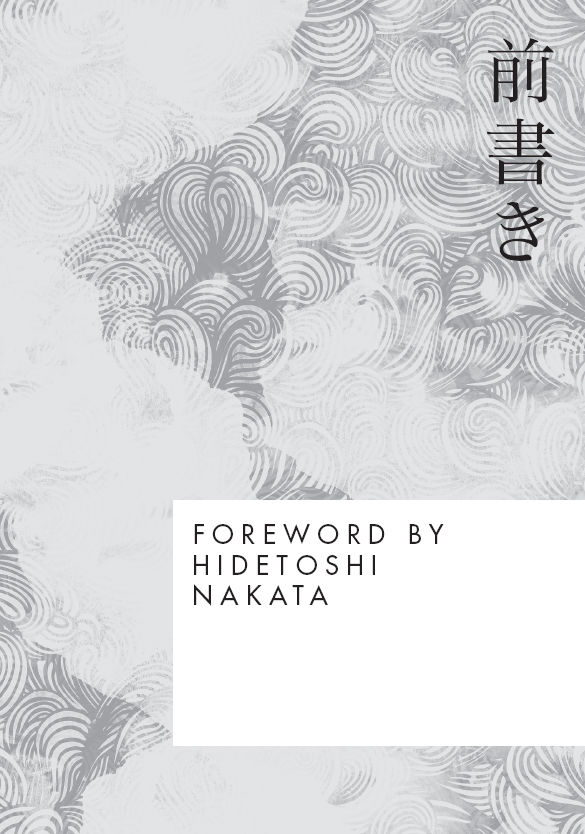
A t the age of twenty-one, I left Japan to make my way in the big, wide world. The eight years I spent playing in the Italian League Serie A and the English Premier League were, as a professional footballer, the most important in my sporting career. As a person, the experience of living abroad showed me how stepping outside the familiar can really open our eyes and minds.
During those years, I worked hard to learn first Italian and then English. The more I learned, the more I discovered how language offers a window into other cultures, and can be a doorway to lifelong friendships.
After retiring from football following the 2006 FIFA World Cup, I spent the next few years travelling all over the world, meeting people from all walks of life. Everywhere I went, people would tell me that they were interested in Japan. They asked me all sorts of questions, many of which I could not answer. And I realised then, that even though I was Japanese, there was a depth and richness to my own culture that I had not yet truly appreciated. I wanted to understand what it was that was so appealing to people worldwide, so I made the decision to go back to Japan and find out for myself.
I carried with me the question, ‘What is culture?’ Food culture, fashion culture, Japanese culture … I wanted to understand this idea more. When people use the term ‘culture’ they refer to a certain lifestyle followed by a number of people over a period of time – something we create by the way we live. So I decided to visit people instead of places.
I spent the next seven years exploring every corner of Japan, visiting all of the forty-seven prefectures to spend time with artisans, farmers, sake brewers, Zen monks, Shintō priests and local people. And while I set out to learn about Japanese culture, I ended up learning about life.
Every time I woke before the sun to spend time with farmers harvesting their rice, smelled the air before the rains came or watched craftsmen coax beauty from materials that grew in their shadow, I learned what it means to live in harmony with the Earth. The juicy fruit, just picked from the vine, the freshly caught fish, the carefully brewed sake – with each bite and sip I learned more about how to really taste.
As time went on, I noticed I was falling into the rhythm of country life, which is the rhythm of the seasons and of nature in Japan. Living in cities, we have access to so many good things, but, at the same time, we are separated from nature and the artificial environment can sap our energy. It was only when I spent month after month in the countryside that I realised how much better I felt. More energised, alert and happy.
When we separate ourselves from nature it becomes something we attempt to manage and control. But it can release its awesome power at any moment. I believe it’s when we live in relationship with nature, respecting it and flowing in rhythm with it, that we feel at our best and appreciate each day, moment by moment.
Wabi sabi is intimately intertwined with this fundamental relationship with nature. It relates to the acceptance of the transience of all things, and the experiencing of life with all the senses. I hope this book inspires you to find your own gentle rhythm and discover happiness right where you are.
Having known Beth for more than twelve years, and knowing her commitment as a student of Japanese life, I know she is the one to take you on this journey.
Hidetoshi Nakata
Tōkyō, 2018